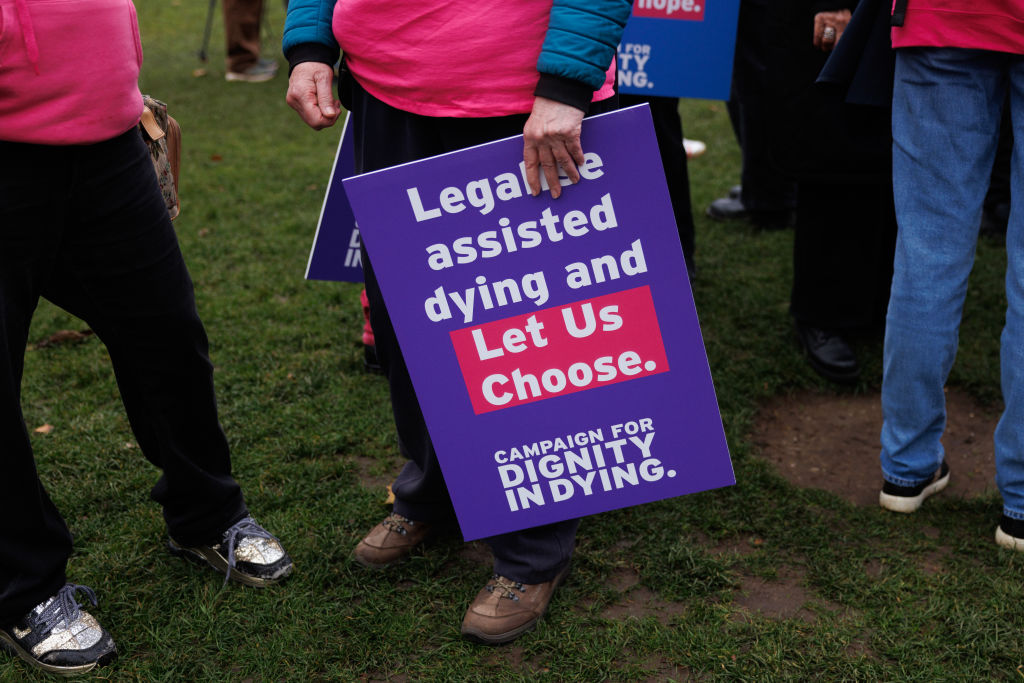Assisted Dying: MPs narrowly vote in favour of controversial Bill – what next?
The gates have opened for the Assisted Dying Bill today after MPs voted 330 to 275, majority 55, to approve a second reading of the controversial Bill


The gates have opened for the Assisted Dying Bill today after MPs voted 330 to 275, majority 55, to approve a second reading of the controversial Bill, following a five hour debate at the House.
The Bill, known as Terminally Ill Adults (End of Life), if passed, will allow adults who are terminally ill, subject to safeguards and protections, to request and be provided with assistance to end their own life, subject to the approval of two doctors and a High Court judge.
It was proposed by Labour’s Kim Leadbeater MP in mid-October and is set for a vote by MP’s later today to either kill the Bill or allow it to go forward for further scrutiny at a later date.
This vote comes nearly a decade after the last time this issue was before the House, as back in 2015, MPs rejected a ‘right to die’ Bill by 330 votes to 118.
The five hour debate commenced at the House of Commons at 9:30am, before the MPs held a vote just after 2pm, where a 55 majority approved the Bill to move onto its next stage.
The Bill will now go to the committee stage where MPs can table amendments, before facing further scrutiny and votes in both the House of Commons and the House of Lords.
Commons Speaker Sir Lindsay Hoyle said this morning that more than 160 MPs were bidding to speak in the debate, as the members aimed to get through the legislation line-by-line.
Labour’s Leadbeater MP said the assisted dying Bill will give people “choice, autonomy and dignity” as she opened the debate in the Commons.
But Conservative Danny Kruger MP told the House that Bill is “too big” and “too flawed” for MPs to make meaningful changes to it.
Ed Miliband and Hilary Benn are among those in favour, while Health Secretary Wes Streeting and the Justice Secretary Shabana Mahmood were opposed.
Despite this, a recent YouGov poll found three quarters (74 per cent) are, in principle, in favour of legalising the practice, with only around one in eight (13 per cent) opposed.
Commenting on the Bill, Nicola Beasley, senior associate at Stowe Family Law explained, “by legalising assisted dying in the way that the bill as it stands intends, individuals would be able to choose to end their own life by self-administering a prescribed lethal substance.”



